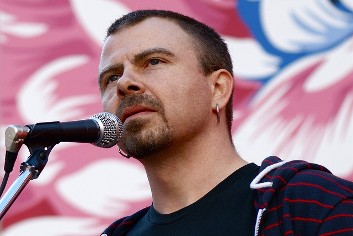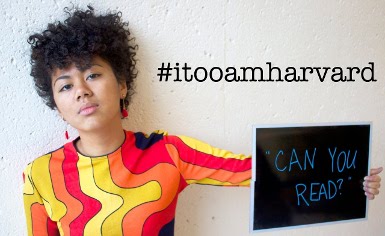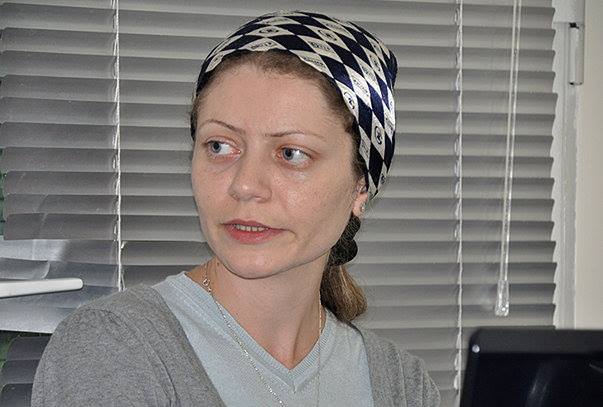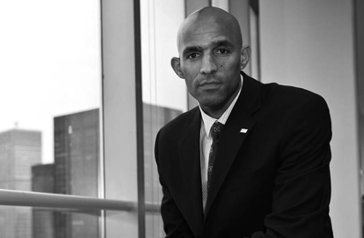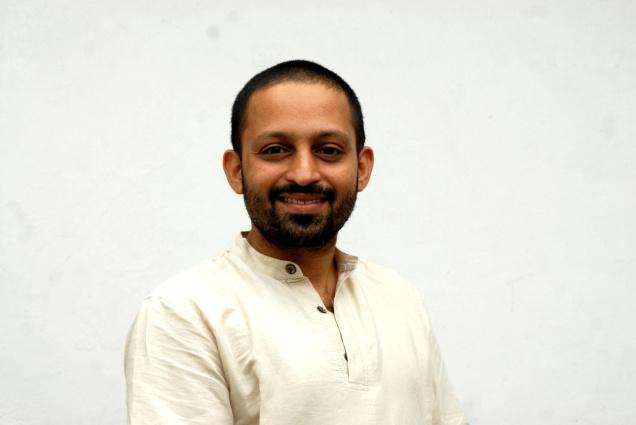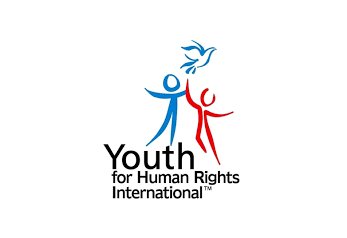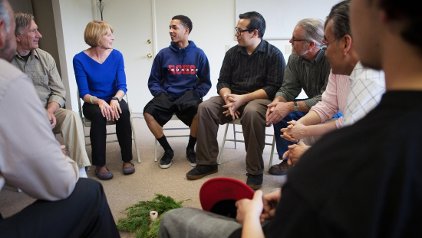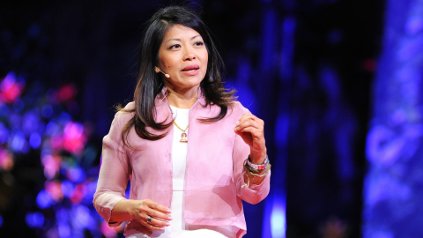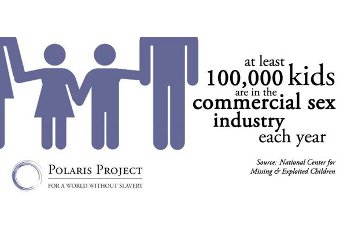In the fall of 2000, John Richardson listened to a man tell a story about the Downtown Eastside. The man described being pushed and knocked to the ground by a cop on East Hastings Street. Police harassment had become so commonplace that residents no longer felt like they had any rights under the law. Justice was out of reach for many in this impoverished neighborhood. After hearing other residents repeat similar stories, Richardson – a recent law school graduate – could not ignore what was happening to people in this twelve-block stretch of Vancouver. As an environmental advocate committed to using the law to affect change, he realized that people living in the Downtown Eastside needed legal tools to tackle the problems they faced on a daily basis. Over the next few months he attended meetings where residents openly disclosed their accounts of police abuse and the impacts of a decade of provincial and federal cuts to social services and housing programs. Recognizing the power of people’s lived experience and shocked by the rights abuses, John connected with neighborhood residents, members of the legal community, and local activists – including VANDU founder Ann Livingston. Together they prepared to act. The following spring Pivot Legal Society was born. By making the most tangible violations of human rights the focus of their efforts, Pivot could create the kind of force needed to carry out legal campaigns around policing, housing, and sex work that would result in meaningful positive change for people living in poverty. Since then, Pivot has exerted this force through legal challenges, legal education campaigns, public engagement, and innovative projects that highlight the struggles, hopes, and insights of people living on the margins of society. 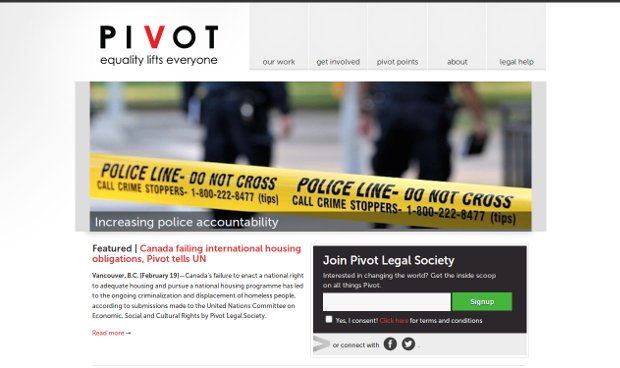 Website: http://www.pivotlegal.org/ Youth housing Sex workers
Website: http://www.pivotlegal.org/ Youth housing Sex workers
What are the rights of the marginalized?
![]()
STAY IN TOUCH
SUBSCRIBE TO OUR NEWSLETTER
AND RECEIVE OUR LATEST STORIES
OLBIOS NETWORK FOR ACTION

